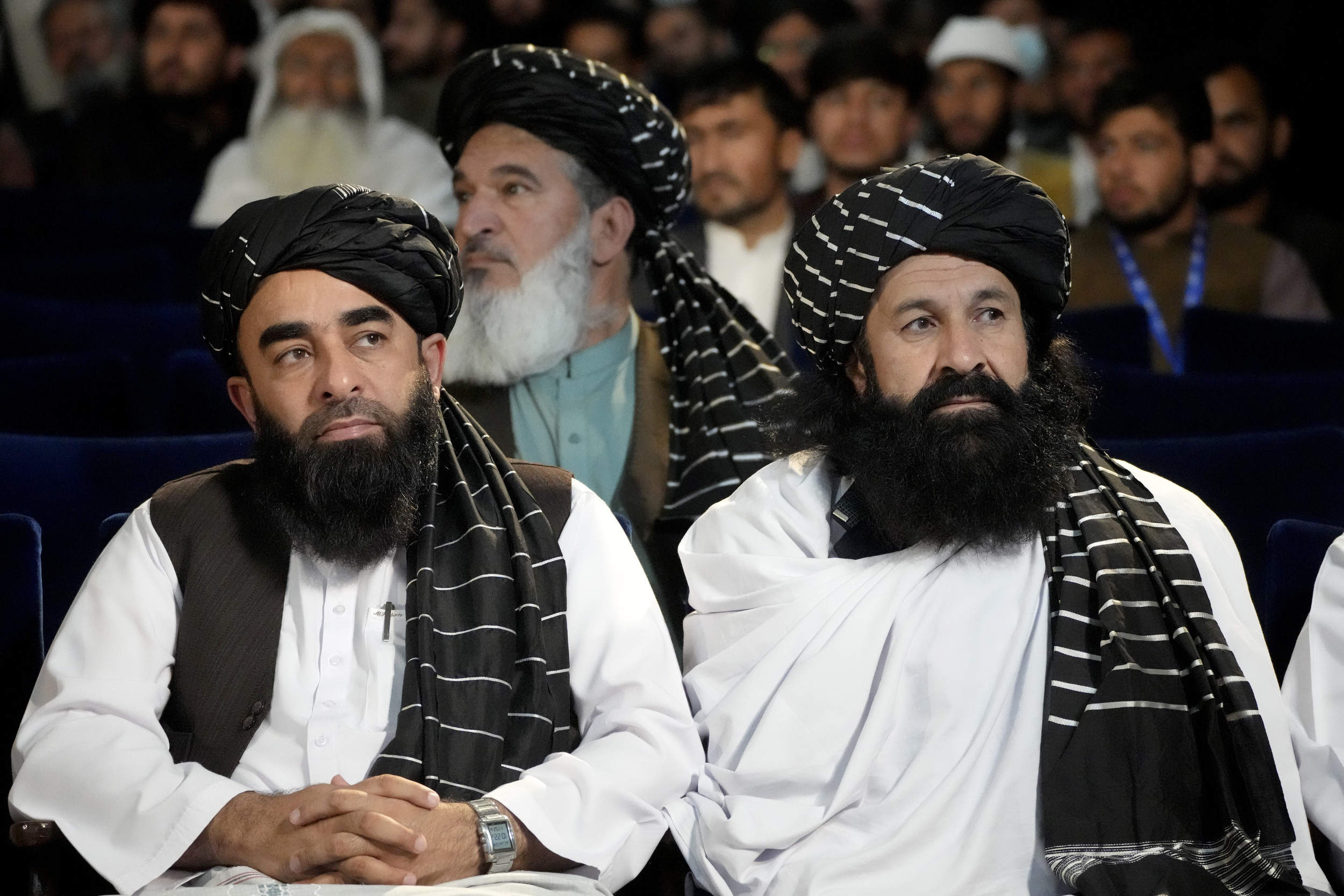Taliban Minister Killed in Suicide Bombing

The Facts
The Taliban's refugee minister, Khalil Haqqani, and six others were killed in a suicide bombing at the Ministry of Refugees building in Kabul, Afghanistan, on Wednesday, marking the most high-profile Taliban casualty since 2021.
The attack occurred as Haqqani was leaving the ministry compound after afternoon prayers, according to his nephew Anas Haqqani.
The Islamic State Khorasan Province (ISKP), a regional wing of the Islamic State (IS), claimed responsibility through its Amaq News Agency, stating their operative waited outside the minister's office before detonating explosives.
The Spin
Narrative A
The resurgence of ISKP and the Taliban's rule in Afghanistan highlight complex challenges. While ISKP expands global threats due to the US withdrawal and limited Taliban counterinsurgency capability, the Taliban have not been able to eradicate the threat alone. The US, while maintaining its stance on human rights, must engage selectively with the Taliban to address shared security threats while supporting Afghan stability.
Narrative B
ISKP is not as much of a threat as many might believe. Not only is it seen as a foreign entity, but any local support it could obtain has been washed away thanks to its brutal treatment of communities. Its narrow Salafi ideology also limits appeal among Afghanistan's Hanafi majority. The Taliban benefits from grassroots support and operational strength, with ISKP incapable of seizing or holding territory.
Narrative C
While the West currently sees itself as Afghanistan's supervisor, China offers a pragmatic alternative by focusing on economic investment, regional stability, and counterterrorism. China's efforts to mediate Afghan-Pakistani tensions can enhance security, combat terrorism, and protect its Belt and Road Initiative projects. Meanwhile, the Taliban gain critical foreign investment and support without Western interference or ideological conditions.





